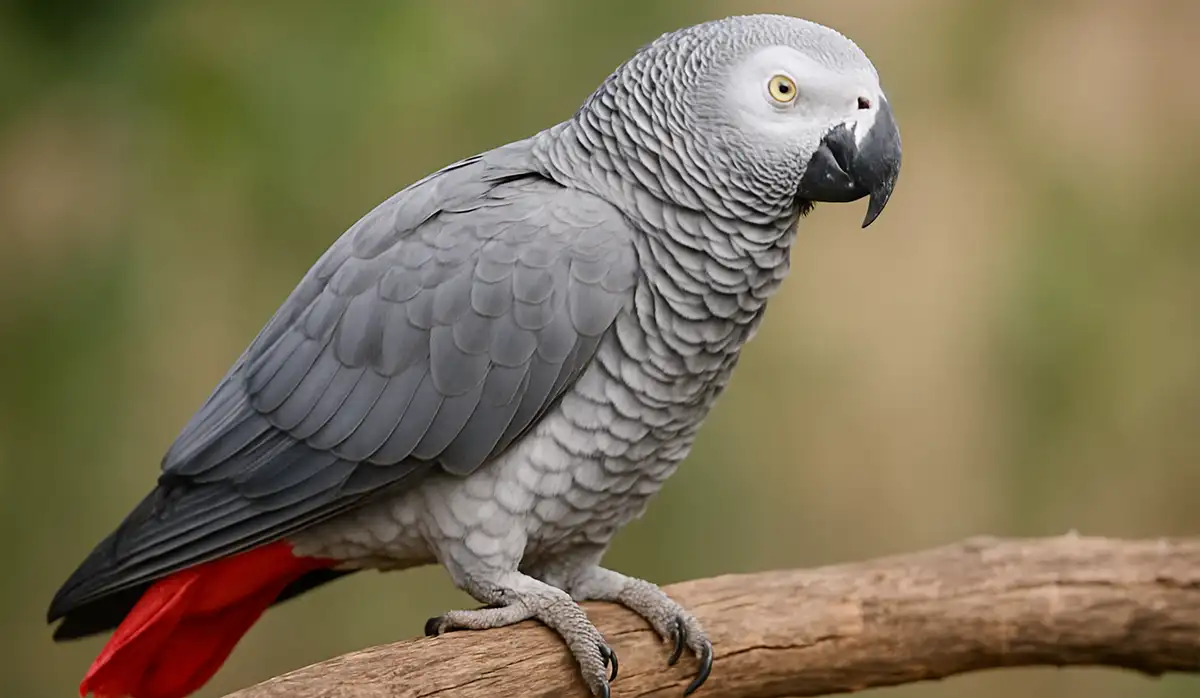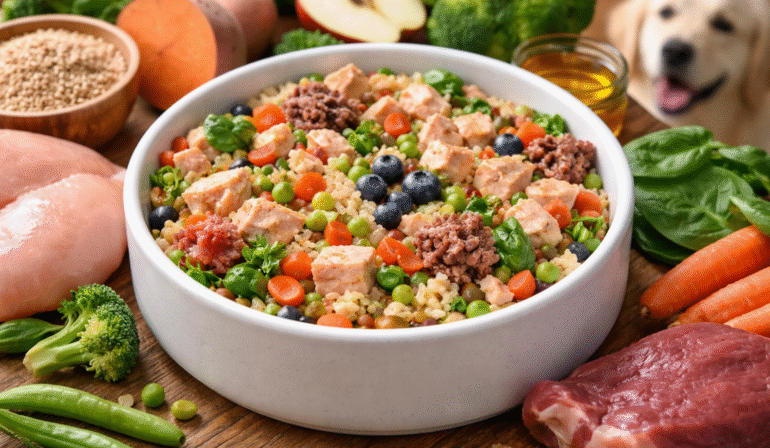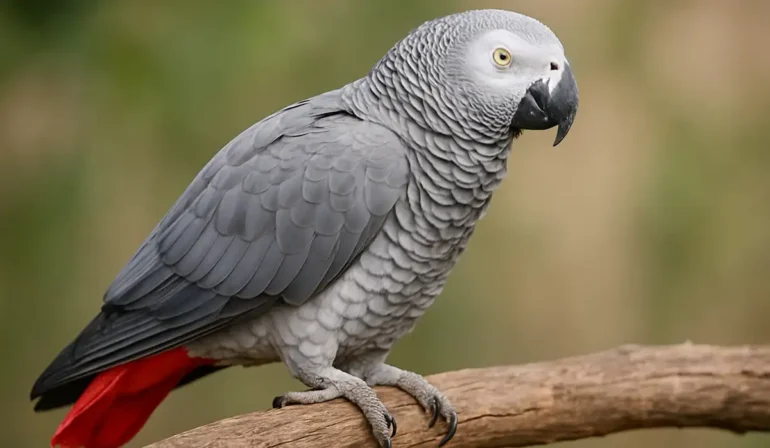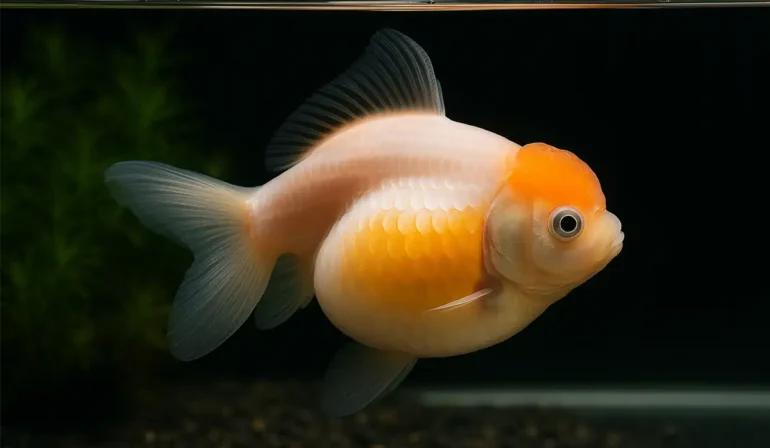Potbellied Pig: The Ultimate Guide to This Adorable Pet
By Pet Luvz on March 10, 2025

Learn how to care for a potbellied pig with expert tips on diet, housing, and training to keep your pet happy and healthy. Perfect for new pig owners!
Table of Contents
Introduction
These small pigs are growing in popularity as unique and lovable pets. They are intelligent, social, and unlike any other traditional household pet. But is one the right pet for you? Let’s dive into everything you need to know before bringing one home.
What Is a Potbellied Pig?
History and Origin
These pigs (Sus scrofa domesticus) originate from Vietnam and were first introduced to the United States in the 1980s. Since then, they have gained popularity as exotic pets due to their manageable size and affectionate nature.
Physical Characteristics
They are much smaller than farm pigs, typically weighing between 80 and 150 pounds. They have a distinctive potbelly, short legs, and a wrinkled face. Their skin is usually black or gray, and they have sparse hair.
Lifespan
With proper care, they can live anywhere from 12 to 20 years, making them a long-term commitment for any pet owner.
Why Choose a Potbellied Pig as a Pet?
Intelligence and Trainability
These pigs are as smart as dogs, if not smarter! They can learn tricks, recognize their names, and even be trained to use a litter box.
Loving and Social Nature
They love belly rubs and will often cuddle with their humans.
Hypoallergenic Qualities
Unlike cats and dogs, these pigs produce minimal dander, making them a great option for allergy sufferers.
Housing and Space Requirements
Indoor vs. Outdoor Living
They can live indoors, but they need plenty of space to roam. Many owners provide an outdoor enclosure for additional exercise.
Setting Up a Safe and Comfortable Space
Provide a soft bedding area, plenty of shade, and protection from the elements. A cozy sleeping area is essential, whether indoors or outdoors.
Importance of Secure Fencing
Pigs are strong diggers and can escape easily. A sturdy, buried fence is necessary to prevent them from wandering off.
Potbellied Pig Diet and Nutrition
Best Foods for a Healthy Pig
A balanced diet consists of high-fiber pig pellets, fresh vegetables, and occasional fruits.
What to Avoid Feeding Them
Avoid processed foods, high-sugar treats, and excessive grains, as these can lead to obesity.
Importance of Proper Portion Control
Overfeeding leads to weight gain, which can cause serious health issues. Stick to portion recommendations based on their size.
Essential Vitamins and Minerals
Ensure they get the right amount of calcium, phosphorus, and vitamin E, which support bone health, muscle function, and immune strength.
Hydration and Water Intake
Pigs require constant access to clean water. Dehydration can lead to health issues, including urinary problems and overheating.
Learn More About Small Pets
Interested in other unique pets? Check out our guide on small pets for more information!
Additional Resources
For more in-depth information about these pigs, visit The American Mini Pig Association.
Conclusion
Potbellied pigs are smart, loving, and unique pets, but they require commitment, space, and proper care. If you’re ready for a rewarding experience, one might be the perfect pet for you! However, potential owners should thoroughly research their needs and consider whether they have the time, resources, and environment to support a pig’s long lifespan. Responsible pet ownership is crucial to ensuring a happy and healthy life for your potbellied pig.
FAQs
1. Are they good pets for families?
Yes! They are affectionate and bond well with families, but they require time and attention.
2. Do they get along with dogs and cats?
They can, but introductions should be slow and supervised.
3. How much does it cost to own one?
Initial costs range from $500-$1,500, with ongoing expenses for food, vet care, and housing.
4. Can they be potty trained?
Yes! They can learn to use a litter box or go outside like a dog.
5. What should I do if my pig becomes aggressive?
Socialization, training, and proper care can prevent aggression. If issues persist, consult a vet or animal behaviorist.
YOU MAY ALSO LIKE
Top Pick
-

7 Proven Benefits of Fresh Pet Dog Food for Daily Health
January 11, 2026
-

African Grey Parrot: A Smart, Loving, and Talkative Companion
July 22, 2025
-

5 Best Canister Filters for Crystal Clear Water in Your Pet Fish Tank
July 8, 2025
-

Is Pumpkin Good for Cats? Everything You Need to Know
July 5, 2025
-

Swim Bladder Treatment: Solutions for Aquarium Fish Health
July 3, 2025











